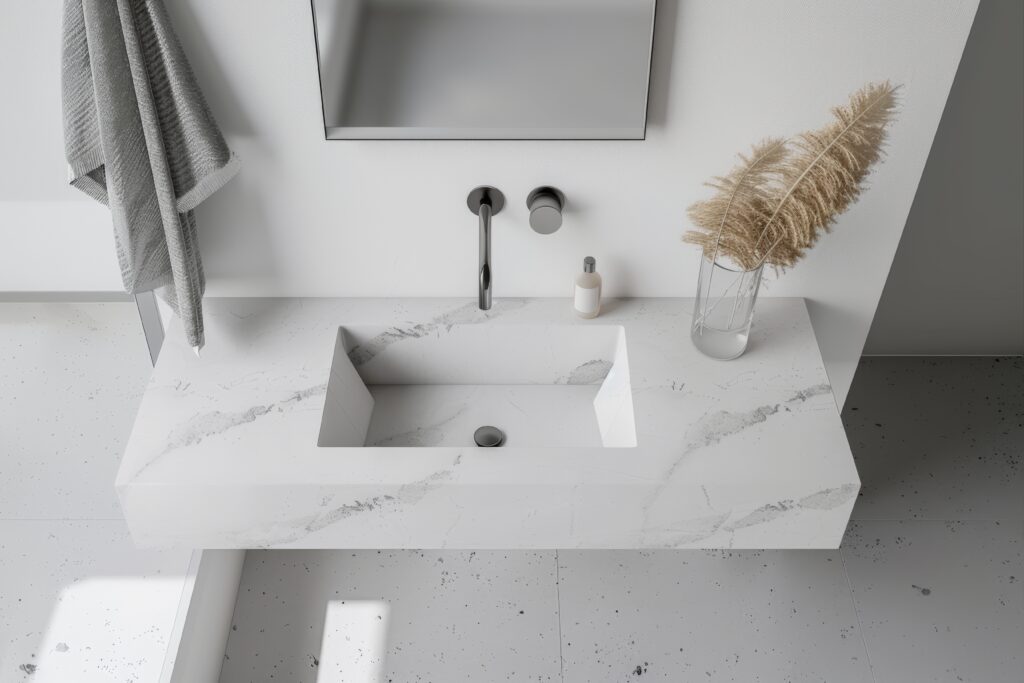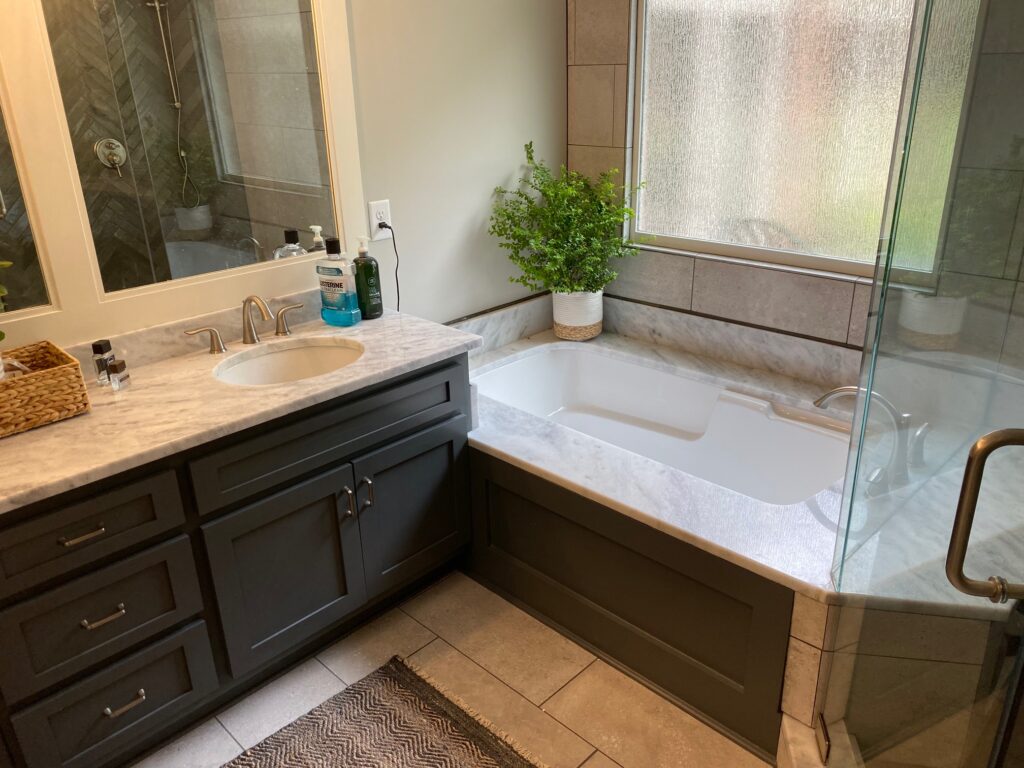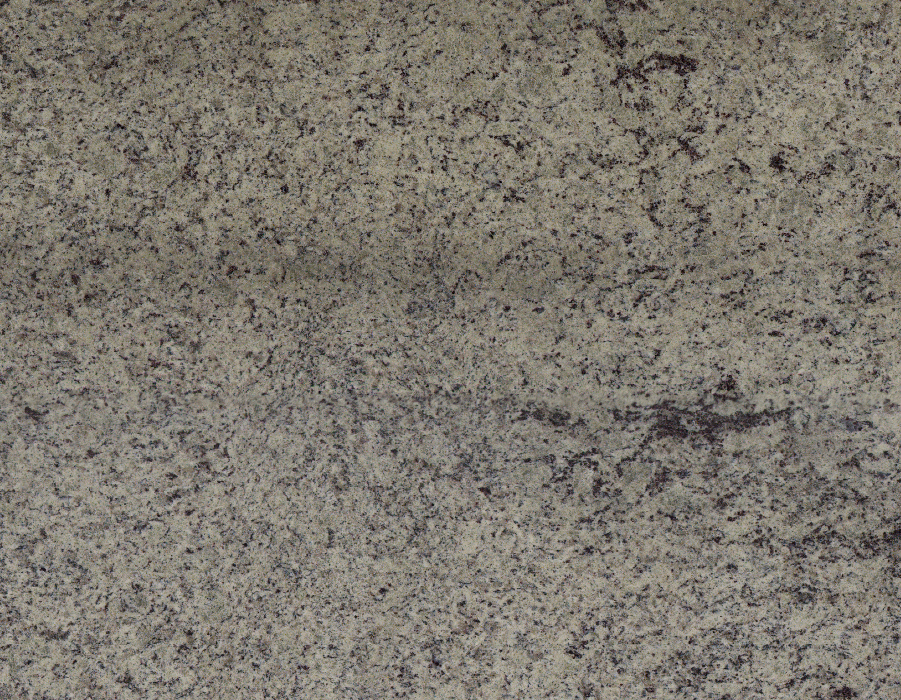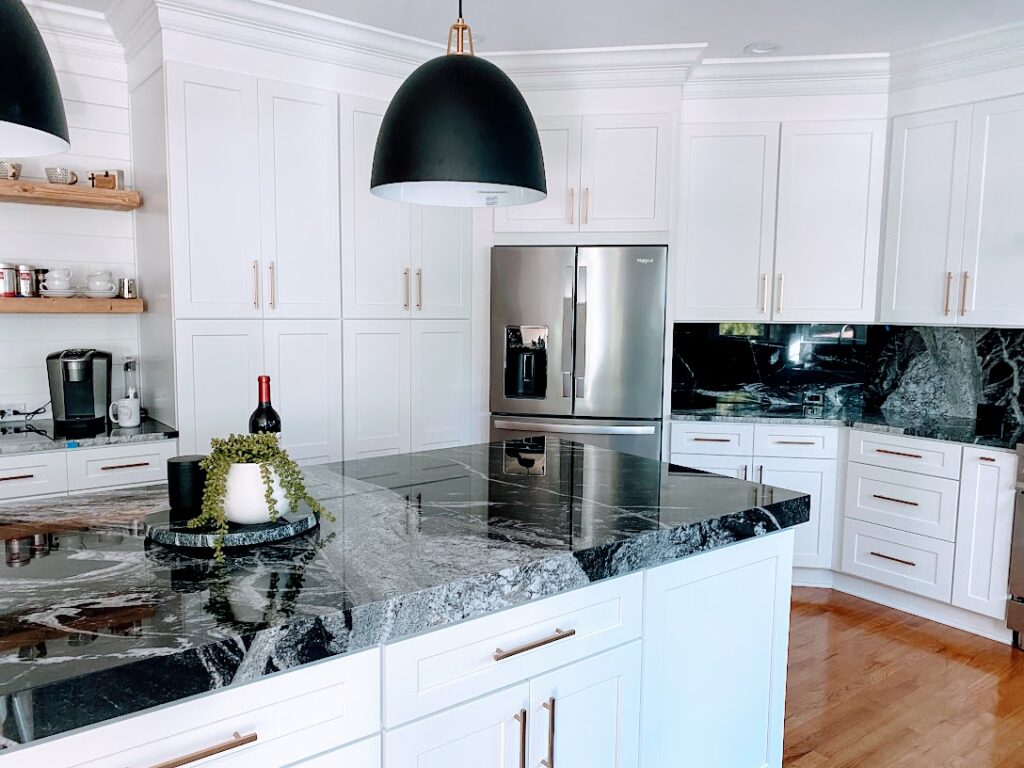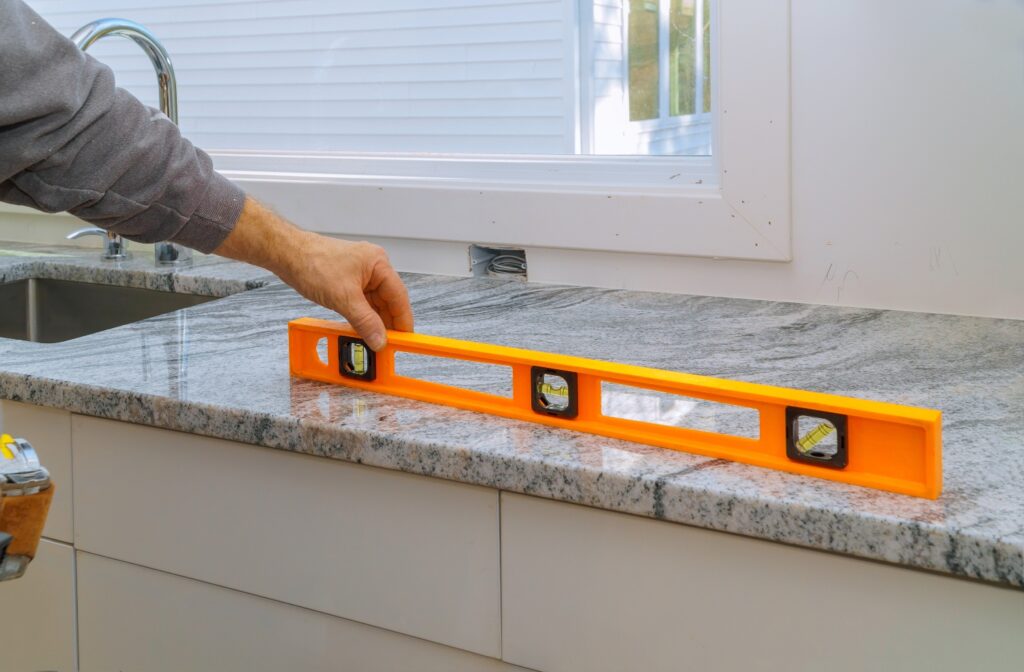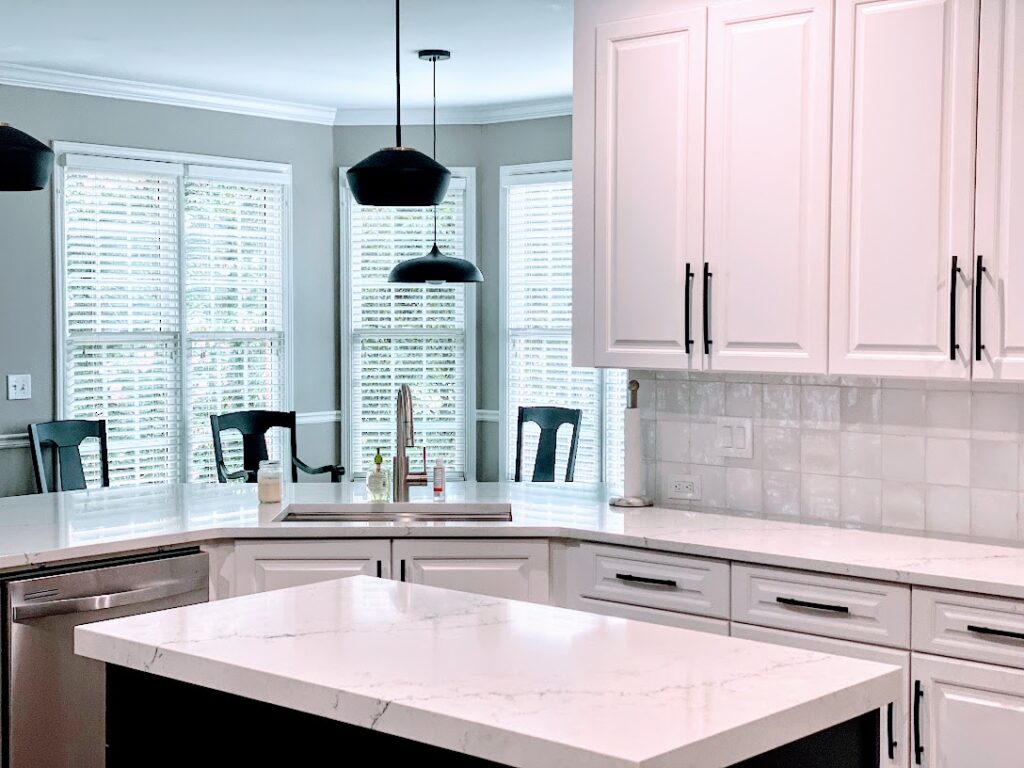Eco-Friendly Countertop Materials and Options

Eco-friendly countertops are made from sustainable, low-impact materials that are beneficial for the environment.
Choosing eco-friendly kitchen countertops is an essential step toward a sustainable home. These countertops are made from materials that minimize environmental impact through their lifecycle, from extraction to disposal. Opting for eco-friendly options not only supports environmental conservation but also enhances the health and aesthetic appeal of your kitchen.
Benefits of Choosing Eco-friendly Countertops
Eco-friendly countertops offer numerous benefits:
- Environmental Impact: Sustainable materials reduce deforestation, lower carbon emissions, and conserve natural resources.
- Health Benefits: These materials often have fewer toxins and lower off-gassing, improving indoor air quality.
- Cost Efficiency: Though sometimes more expensive initially, eco-friendly countertops often save money in the long run due to their durability and low maintenance needs.
Understanding Sustainability in Countertop Materials
Sustainability in countertop materials involves several factors:
- Recycled Materials: Using recycled content, such as glass or reclaimed wood, reduces waste and conserves resources.
- Low-emission Production: Sustainable production methods minimize pollution and energy consumption.
- Longevity: Durable materials that last longer reduce the need for frequent replacements, lowering overall environmental impact.
Types of Eco-friendly Countertop Materials
Various eco-friendly countertop materials cater to different tastes and needs:
- Marble
- Porcelain
- Quartz
- Quartzite
- Granite
- Soapstone
Marble Countertops
Marble countertops are a timeless choice for their natural beauty and recyclability. Although extracting marble can be resource-intensive, its long lifespan and ability to be repurposed make it an eco-friendly option. Proper sealing and maintenance can enhance its durability, making it a sustainable choice for your kitchen.
Porcelain Countertops
Porcelain countertops are made from natural clay and minerals, fired at high temperatures to create a durable and heat-resistant surface. Their low environmental impact during production and long lifespan make them an excellent eco-friendly choice. Porcelain is also highly resistant to stains and scratches, ensuring it remains beautiful for years with minimal upkeep.
Quartz Countertops
Quartz countertops combine natural quartz crystals with resins to create a non-porous, durable surface. These countertops are low-maintenance and long-lasting, which contributes to their eco-friendliness. The production of quartz countertops involves fewer emissions compared to other materials, and they do not require harmful sealants, making them a safer option for indoor air quality.
Quartzite Countertops
Quartzite is a natural stone that offers the beauty of marble and the strength of granite. It is formed from sandstone and transformed by heat and pressure, making it a highly durable and eco-friendly option. The mining of quartzite is generally less harmful to the environment compared to other natural stones, and its longevity reduces the need for replacements.
Granite Countertops
Granite is a popular choice due to its abundance and aesthetic appeal. It is a highly durable material that can last for decades with proper care. Granite countertops are recyclable and can be repurposed for other projects, reducing waste. Choosing locally sourced granite can further lower the environmental impact associated with transportation.
Soapstone Countertops
Soapstone is a non-porous and heat-resistant material that requires minimal maintenance. Its durability and long lifespan make it an eco-friendly choice. Soapstone countertops do not require sealing and are resistant to stains and bacteria, contributing to a healthier kitchen environment.
Comparing Eco-friendly Countertop Materials
When choosing between eco-friendly countertop materials, consider the following factors:
- Durability: Some materials, like quartzite and granite, are more durable than others.
- Maintenance: Low-maintenance options, such as quartz and soapstone, reduce the need for harsh cleaning products.
- Cost: Initial costs can vary, but consider the long-term savings from reduced maintenance and longer lifespan.
Installation Considerations for Eco-friendly Countertops
Proper installation is crucial to maximizing the lifespan and eco-friendliness of your countertops. Hiring professional installers can ensure minimal waste and optimal performance. Additionally, consider the disposal of old countertops—recycling or repurposing them can further reduce environmental impact.
Cost Analysis of Eco-friendly Countertops
While eco-friendly countertops may have a higher initial cost, their durability and low maintenance can lead to long-term savings. Investing in sustainable materials can also increase your home’s value, making them a worthwhile consideration for any kitchen renovation.
Health Benefits of Eco-friendly Countertops
Choosing eco-friendly countertops can improve your kitchen’s health:
- Non-toxic Materials: Many sustainable options do not emit harmful chemicals, reducing indoor air pollution.
- Improved Indoor Air Quality: Lower emissions from production and minimal need for harsh cleaning products contribute to a healthier home environment.
Environmental Impact of Countertop Choices
Your choice of countertop material can significantly affect the environment:
- Carbon Footprint: Consider the energy used in production and transportation of materials.
- Resource Conservation: Opt for materials that use recycled content or are abundant and sustainably sourced.
Future Trends in Eco-friendly Countertops
The future of eco-friendly countertops is promising, with emerging materials and technologies aimed at further reducing environmental impact. Innovations include bio-based resins, recycled materials, and new sustainable mining practices that minimize ecological disruption.
Sustainability of Eco-Friendly Countertops
Sustainability is a key factor in the production and use of eco-friendly countertops. Here are some ways these materials contribute to a more sustainable future:
Recycled Materials
Using recycled materials helps reduce the demand for new raw materials and minimizes waste.
Energy Efficiency
Many eco-friendly countertop manufacturers use energy-efficient production methods, such as day-lit factories, to reduce their carbon footprint.
Longevity
Eco-friendly countertops are designed to last, reducing the need for frequent replacements and the associated environmental impact.
Biodegradability
Some materials, like bamboo and reclaimed wood, are biodegradable, meaning they will break down naturally at the end of their life cycle.
Conclusion
Choosing eco-friendly kitchen countertop materials like marble, porcelain, quartz, quartzite, granite, and soapstone is a step towards a sustainable and stylish kitchen. These materials offer durability, aesthetic appeal, and a reduced environmental impact, making them a wise investment for any homeowner looking to create a greener home.
Read More About Kitchen Countertops:

Val Carvalho is a manager at Atlanta Stone Creations, with nearly two decades of experience in the stone and design industry. In addition to her leadership role, Val plays a key part in sales and design, bringing creativity, precision, and a strong sense of style to every project. Known for her warm and collaborative approach, she builds strong relationships with both her team and her clients. Val is passionate about delivering beautiful, high-quality results and creating an exceptional experience from start to finish.

